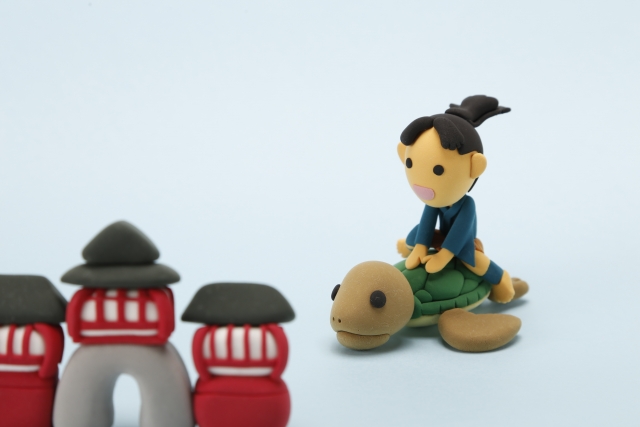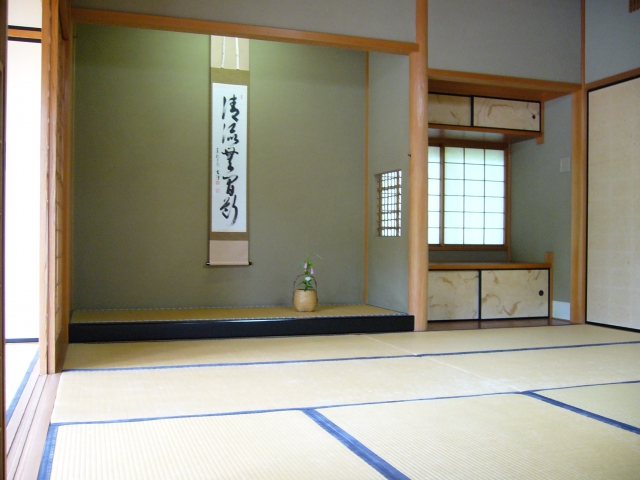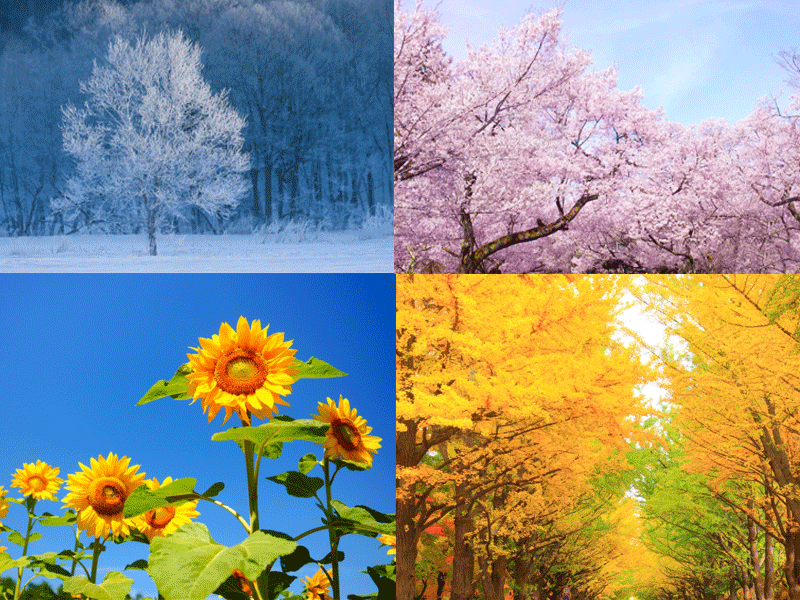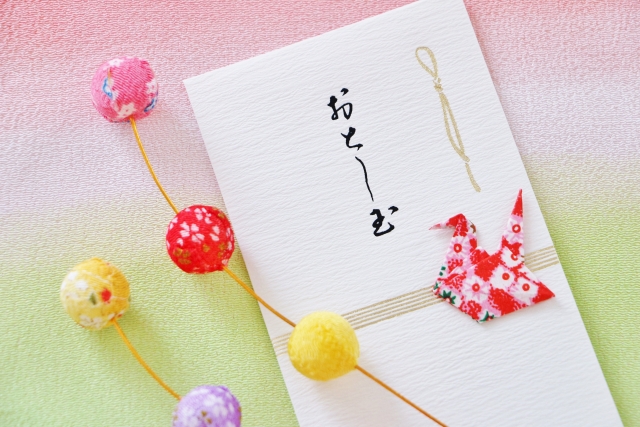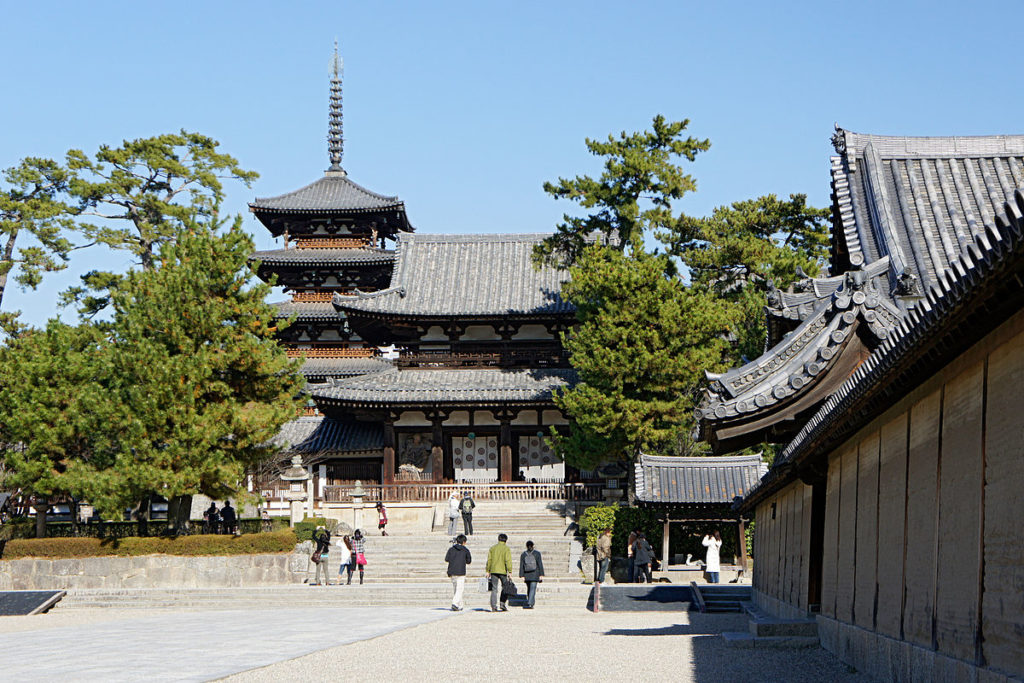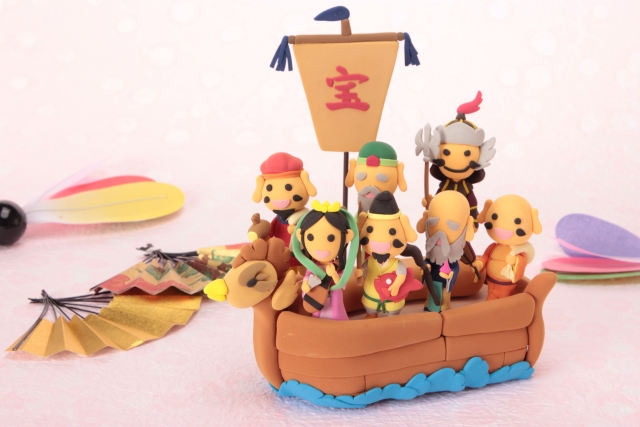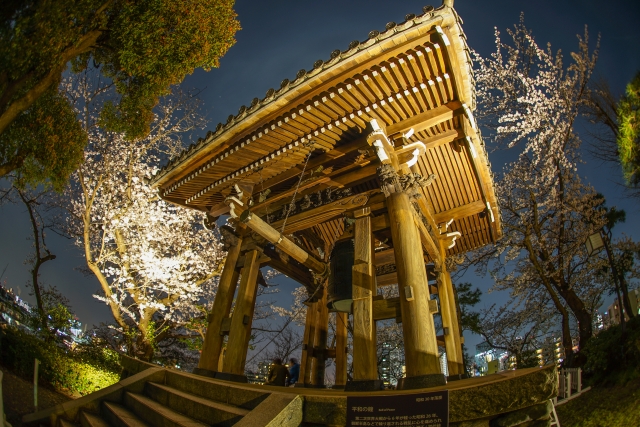
December 31st is the last day of the year, also known as “Omisoka”.
It is also called “Otsugomori”.
In the lunar calendar, the last day of each month was called “Misoka”.
In the lunar calendar, the last day of each month was called “Misoka”, which means “the last day of the month”. “Misoka” is a word that describes the changing phases of the moon, and means that the moon is hidden.
”Misoka” is also known as “Tsugomori,” a modified reading of “Tsuki-gomori,” which means the moon is hidden.
The last day of the year is “Omisoka” or “Otsugomori”.
The number 30 is read as “Miso”, just as a person who is 30 years old is called “Misoji”.
The new moon is the first day of the month, and the 30th day is called “Misoka” because it is roughly the 30th day of the month when the moon is hidden.
With the new calendar, the 30th may not be the end of the month, so the last day of the month became “Misoka”.
The custom of New Year’s Eve originates from a ritual based on the belief in the “Toshigami-sama”, a deity that has long been a part of Japanese culture.
The New Year’s Eve is a ritual based on the belief in the “Toshigami-sama”, a deity who presides over the year.
It has been believed since ancient times that the “Toshigami-sama” will visit each house.
In order to welcome the New Year’s Kami and share a meal with him, it was common for people to prepare for the New Year’s Eve and stay at home on New Year’s Day.
On New Year’s Eve, various New Year’s Eve events are held.
The night of New Year’s Eve is also called “Joya”.
It was customary to stay up all night on the night of Joya to welcome the New Year’s Kamis, and it was said that if you went to bed early on this night, you would “turn gray” or “get wrinkles”.
Traditional customs for New Year’s Eve include the following
- Eat “New Year’s Eve Soba”
- Purge 108 vexations with the “New Year’s Eve Bell”
- Two-year visit
- Take a “New Year’s bath” to remove the grime of the year and welcome the New Year with a good feeling
It was a custom for families to spend time together, thanking each other for a successful year and celebrating together.
We think it created an opportunity to deepen family ties.
The New Year’s Day is a time when many customs remain.
We are sure it was an opportunity to pass on family traditions to the next generation.


